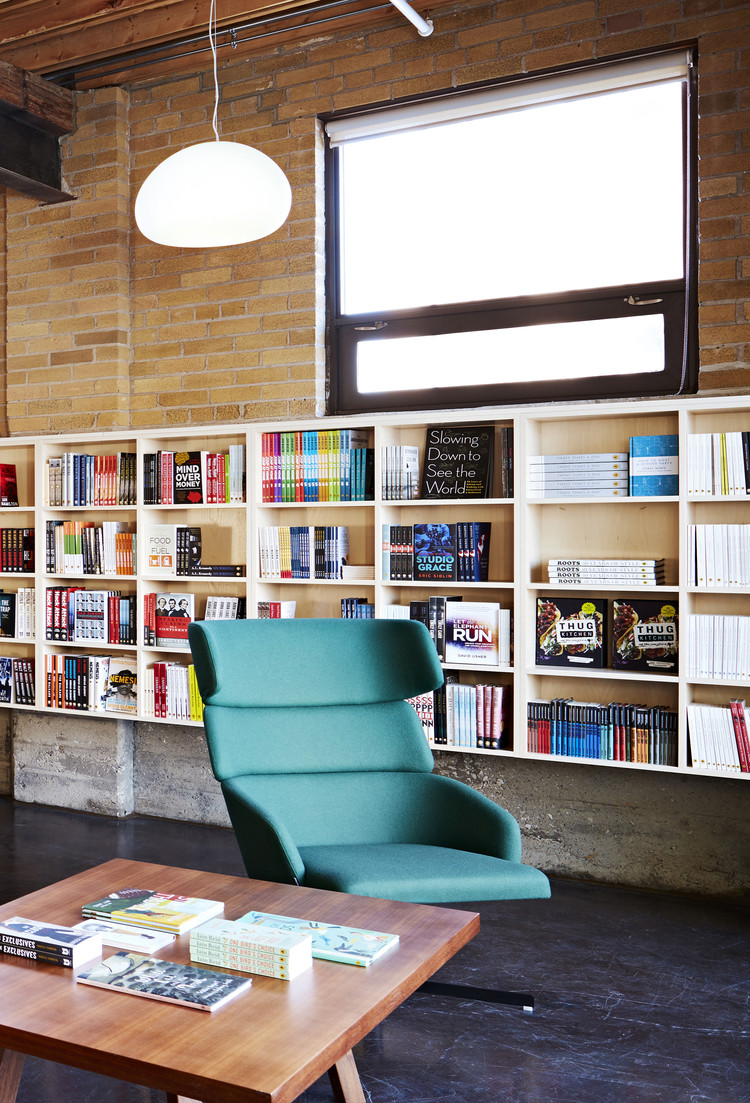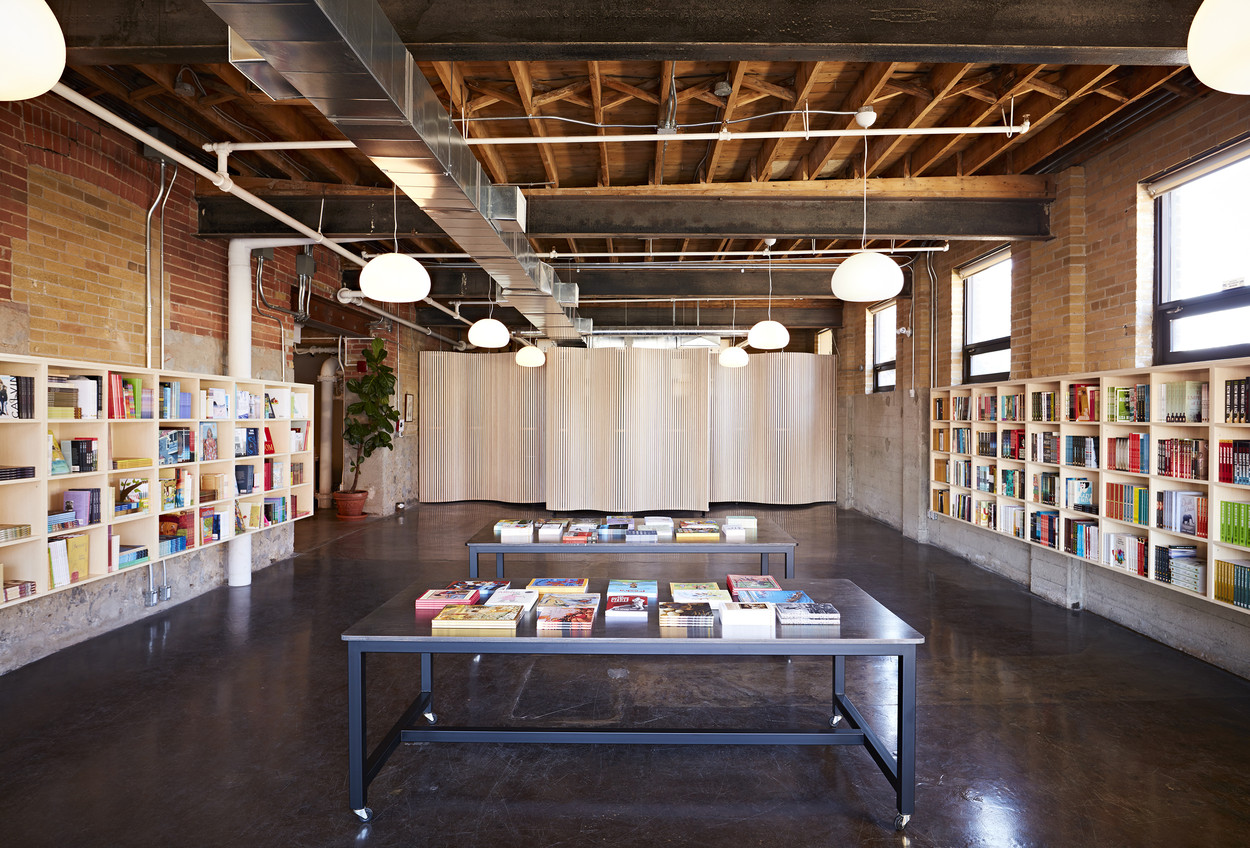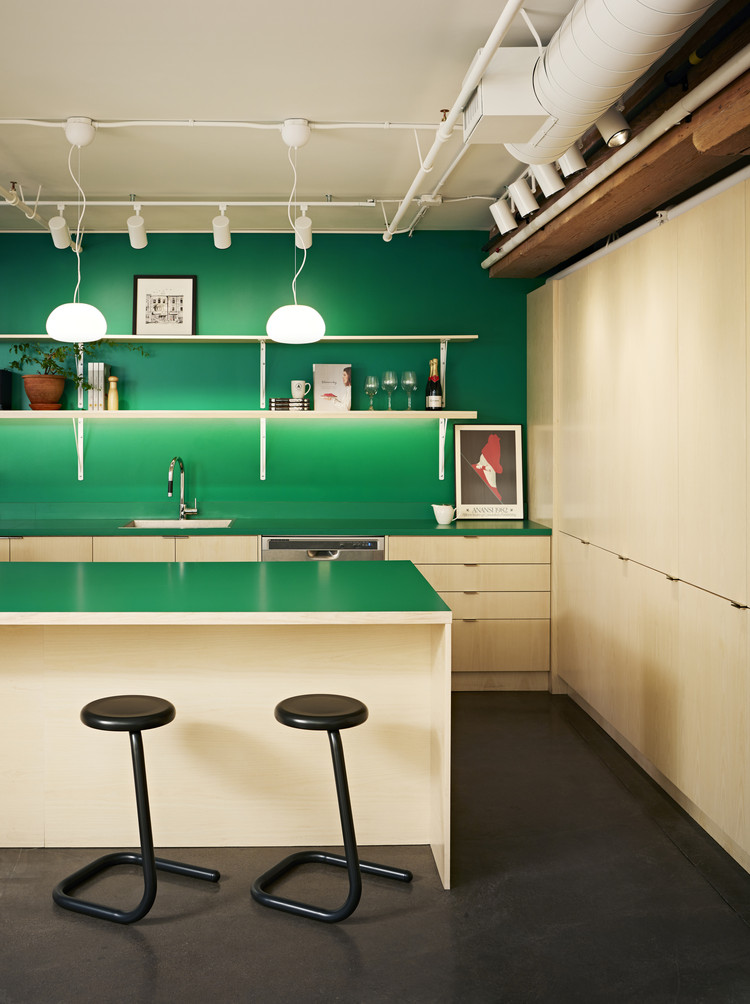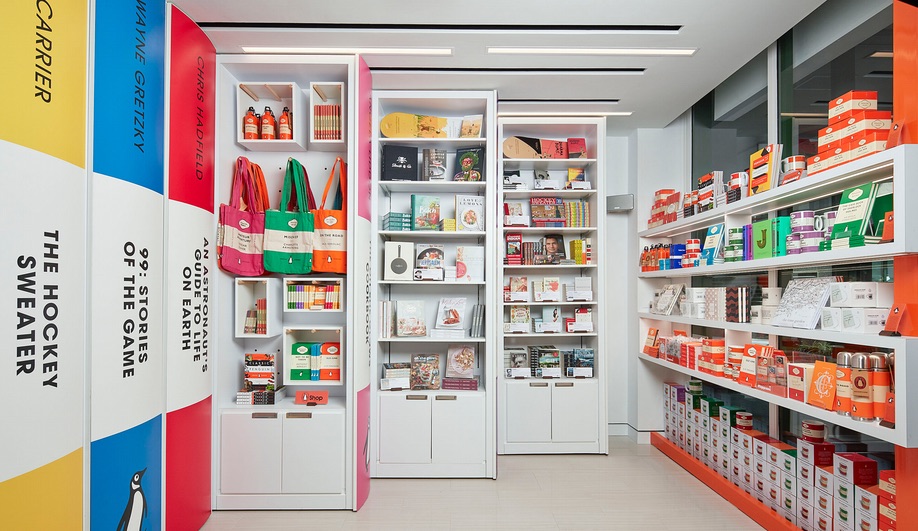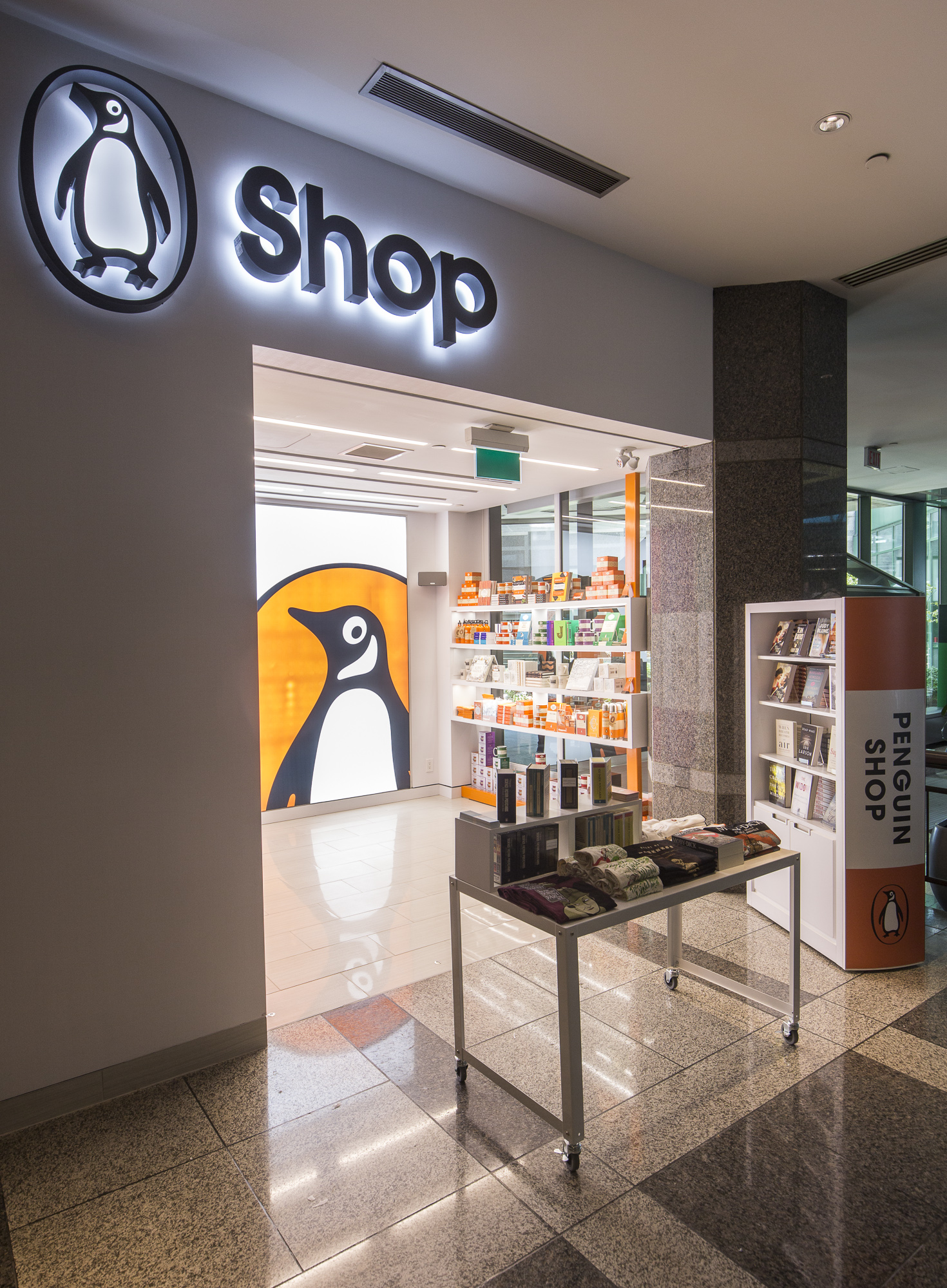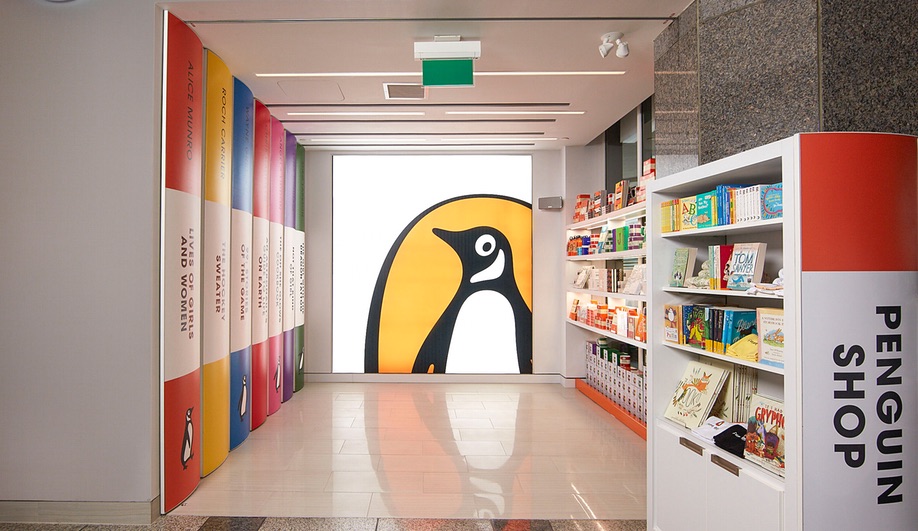Publishers running their own bookstores is not new. Drawn & Quarterly opened their bookstore in Montreal in 2007, Biblioasis was a bookstore first then a publishing house, and the Rizzoli bookstore in New York has been around for 50 years, just to name a few. But they still seem to be enjoying a bit of a renaissance lately. Milkweed Editions, an American indie publisher, is opening a store in Minneapolis, Penguin Random House opened a pilot store in Puerto Rico this past spring, and Amazon has just opened its third bookstore in Portland.
Meanwhile in Canada, House of Anansi Press and Penguin Random House Canada have both opened bookstores of their own. We talked to Sarah MacLachlan, President and Publisher of House of Anansi, and Meghan MacDonald, Director of Digital Product Development and Consumer Insights at Penguin Random House Canada, to learn more about what made these two publishers enter the brick-and-mortar bookstore business.
Funnily enough, both MacLachlan and MacDonald mentioned that an office move was the precipitating factor in the ultimate decision to open stores. For House of Anansi, their new office in an old, brick manufacturing building provided opportunities for a street-level space. MacLachlan explains, "I really wanted to have a kind of presence in a neighbourhood ... and allow for people to come in and actually see our books and hold our books and possibly purchase them.... We don't just print books and send them out, we try to engage with the readers of those books."
At Penguin Random House Canada, when a former shoe repair kiosk in the bottom of their new building opened up, they took the opportunity to open a tiny, 158-square-foot store. "It's not your traditional bookstore at all, it's more of a curated space where you'll come in and see something different," says MacDonald. The store's small space will let them change up their offerings relatively easily, lending itself to things like hockey- or kids-themed store takeovers in the future.
Anansi thinks of their bookstore as augmenting their ongoing efforts. They're not trying to replace booksellers, says MacLachlan, "we're just trying to have a face that people can make the association between a publisher's name and what they create and what they make." Apart from book sales, they have another priority for the space. "It's a great party space. That's the other thing, we're hoping to have most of our book launches in the space and then we may have some kind of educational aspect to the space as well." MacLachlan mentions classes for young kids taught by children's book illustrators or courses on how to write a novel as potential examples. "There's all kinds of possibilities and the space allows for us to explore those possibilities."
As for the Penguin Store, MacDonald says, "It might be a bit of a surprise to some people that sales is actually not our first goal. We're really thinking of this as a brand extension exercise. Obviously, Penguin is a loved and trusted brand for many many readers ... so being able to extend the trust in that brand to other products and to see if we can bring people into store and let them interact with us is really exciting for us." They see their store as more of a "product lab in many ways where [they] can test out some things." "In a way, that's a bit safer than rolling it out to all of our partners across Canada—see if it works and then use that info to make some more informed decisions about what we end up bringing to all of our other bookseller partners." For example, limited-edition book covers, merchandise, or smaller runs of specialty products.
They also think it makes sense for publishers to try to have closer connections to their readers. MacDonald says, "We have always been slightly distanced and one of the downsides of that is that we don't have that feedback loop with our readers to know: Do they like what we're publishing? Is there something else they're interested in that we might not have considered? Or how do they react to a book cover?... Direct-to-consumer sales is another way to have that connection but I don't think it's ever going to replace booksellers."
Does two bookstores make a trend? Hard to say. But while both publishers have similar circumstances for opening their stores, and similar thoughts on direct-to-consumer sales, there are also distinct approaches to their ventures. That's apparent in the interiors of their stores, as well. Both are pretty but in two very different styles.
House of Anansi:
The Penguin Shop:
To hear much more about these bookstores, listen to our entire conversation with Sarah MacLachlan of House of Anansi Press and Meghan MacDonald of Penguin Random House Canada in our BookNet Canada podcast episode, Publishers enter the bookstore game.


